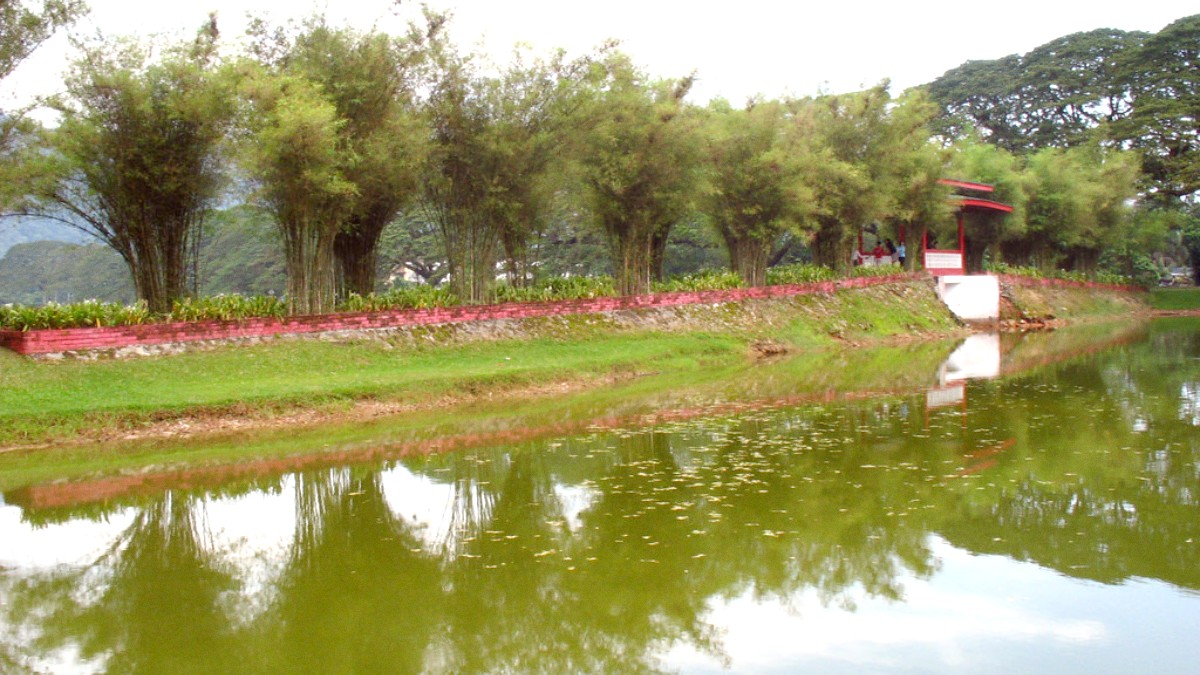
Malaysia
Taiping sits comfortably in the northern part of Peninsular Malaysia, within the state of Perak. This location makes Taiping a convenient stop for travelers exploring the west coast of Malaysia, easily reachable from either major urban hub.
Taiping is a special place in Malaysia's history, not just for its enduring peace, but as a cradle of modernity and progress in the late 19th century. Its name, "Everlasting Peace" (太平 in Chinese), was chosen after a period of destructive clan wars, reflecting a collective hope for stability. This stability, ironically, was driven by the intense rivalry over the region's vast tin deposits, which brought Chinese miners, Malay chiefs, and eventually British colonial administrators into conflict and then cooperation.
The tin mining boom transformed Taiping from a collection of mining settlements into a structured town, becoming the administrative capital of Perak from 1876 until 1937, when Ipoh took over. During its time as capital, Taiping became a hub of innovation.
The Taiping to Port Weld railway, opened in 1885, was Malaysia’s first. This transportation marvel efficiently moved tin from the mines to the port for export. It marked the beginning of modern infrastructure development in the country, symbolizing the era's rapid industrialization and colonial ambition.
The Taiping Lake Gardens, established in 1880, was created from abandoned tin mining pools. This visionary project transformed scarred landscapes into a verdant oasis, demonstrating early environmental rehabilitation and urban planning. It remains a model for public green spaces and a source of local pride.
Bukit Larut (Maxwell Hill), established in 1884, Malaysia's oldest hill station. European colonials built these retreats to escape the lowland heat and humidity.
The Perak Museum, founded in 1883, a pioneering institution preserving natural history, ethnography, and cultural heritage.
King Edward VII School, established in 1883, one of the earliest English-language schools in Malaysia.
The Perak Swimming Club, established in 1904, for early urban leisure and community development.
The Resident's Office, the first permanent government building in the Federated Malay States.
These "firsts" show Taiping's role as a proving ground for modernization in British Malaya. Its meticulously planned urban spaces, distinct colonial architecture, and the blending of various cultural influences within its structure tell a compelling story of a town that helped shape the nation.
Look closely at the architecture in the old town. You will see influences from Chinese, Malay, and European styles, reflecting the diverse communities that built Taiping.
Many of these historic buildings and sites are well-preserved, making Taiping an open-air museum where every corner has a story to tell.
Taiping's commitment to peace and progress from its very beginnings continues to define its charm today.
Taiping today retains much of its historical charm and unique character. The frequent, gentle rains keep the landscape perpetually fresh and clean, especially within the iconic Taiping Lake Gardens. This makes the gardens a truly breathtaking sight, with an abundance of plant life that thrives in the consistently moist climate.
The town is celebrated for its rich heritage, which is evident in its well-preserved colonial architecture and the numerous historical sites that dot its urban landscape. Exploring Taiping often feels like walking through an open-air museum, where every building and street corner has a story. The tranquil ambiance of Taiping offers a refreshing contrast to the fast pace of larger Malaysian cities. There is a sense of calm here, a relaxed rhythm that encourages visitors to linger, observe, and truly absorb the local atmosphere.
Experience the iconic Taiping Lake Gardens, a verdant oasis born from old tin mines, consistently refreshed by rain.
Wander through streets showing well-preserved colonial architecture and numerous historical sites.
A peaceful atmosphere sets Taiping apart from bustling cities, inviting slow exploration and reflection.
Taiping serves as a convenient gateway to a variety of natural attractions that extend beyond its town limits.